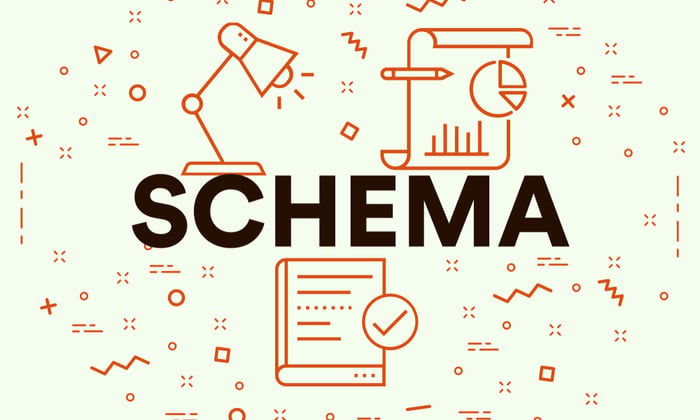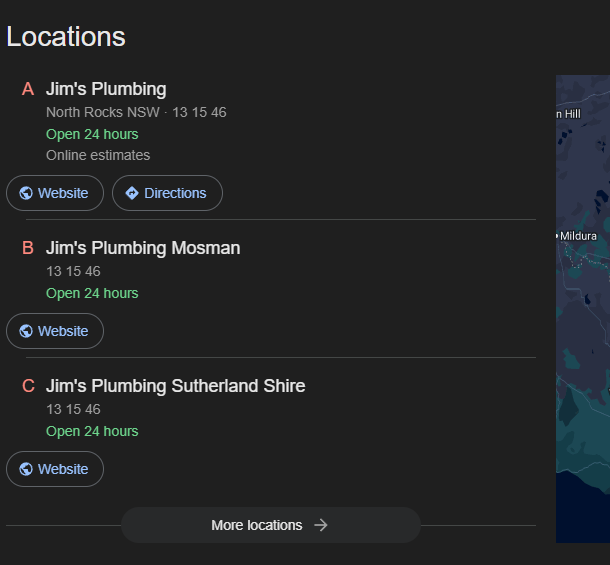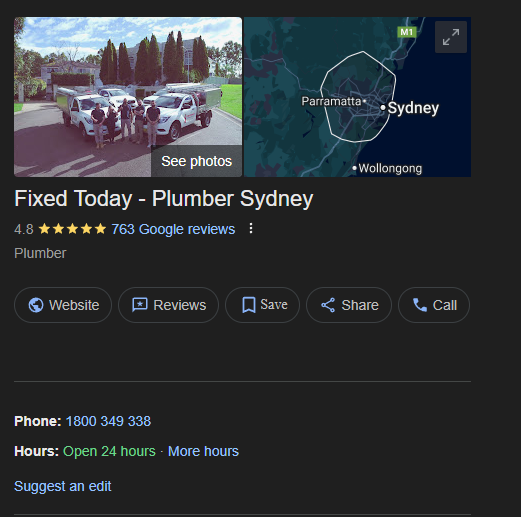
What is Schema Markup? (And Why Your Business Needs It)
Quick version: Schema markup is code that helps search engines and AI assistants understand what your website is actually about. Think of it as giving your content a label that machines can read.
The Restaurant Menu Problem
Imagine you're visiting a foreign country where you can't read the menu. The waiter shows you beautiful photos of dishes, but you have no idea what's in them, how much they cost, or which ones are vegetarian. Unfortunately a common problem faced by me.
That's exactly how AI search engines feel when they look at your website without schema markup.
With schema markup, it's like having a menu in your language with clear labels: dish names, ingredients, prices, dietary information - everything organised and easy to understand.
Think of it like an automatically translating hotel menu - incredible isn't it.
What Schema Actually Does
Schema markup is structured data that you add to your website's code (don't worry, it's invisible to visitors). It tells search engines and AI systems:
- What your content is (a product? a service? a person? a location?)
- Key details about it (price, address, phone number, ratings)
- How it connects to other things (this person works at this company at this location)
Real Example:


Textual Example:
Without Schema
Google sees:
"John Smith - Phone: 456-7891 - Melbourne plumber"
With Schema
Google understands:
- • This is a Person named John Smith
- • Who offers a Service (plumbing)
- • In a specific ServiceArea (Melbourne)
- • With contact information (456-7891)
- • Associated with a LocalBusiness, because he is a local person
Common Types of Schema Your Business Might Need
For Local Businesses:
- Organisation
- LocalBusiness
- PostalAddress & GeoCoordinates
- OpeningHours
- ContactPoint
For Service Providers:
- Service
- ServiceArea
- ProfessionalService
For E-commerce:
- Product
- Offer
- AggregateRating
For Content Sites:
- Article
- FAQPage
- HowTo
The Technical Bit (Don't Panic)
Schema markup uses a format called JSON-LD. It looks like this:
{
"@context": "https://schema.org",
"@type": "LocalBusiness",
"name": "Melbourne Plumbing Co",
"telephone": "456-7891",
"address": {
"@type": "PostalAddress",
"streetAddress": "123 Main St",
"addressLocality": "Melbourne"
}
}Good news: You don't need to be a programmer. Tools and plugins can generate this for you, or specialists like ROI can implement it properly, covering all bases.
How to Get Started
Identify what you are
Local business? Service provider? E-commerce store?
Gather your information
Address, phone, services, hours, etc.
Implement the markup
Use plugins, tools, or hire an expert
Test it
Use Google's Rich Results Test to validate
Monitor
Check how you appear in search and AI results
The Bottom Line
In 2025, having a website isn't enough. You need a website that speaks machine language.
Schema markup is how you:
- ✓ Become visible to AI assistants
- ✓ Stand out in search results
- ✓ Give search engines confidence in your information
- ✓ Future-proof your online presence
Think of it as accessibility for AI - making your business discoverable in an AI-powered world.
Ready to Make Your Business AI-Discoverable?
ROI specialises in implementing schema markup that makes your business visible to both traditional search engines and next-generation AI assistants. Let's make sure you're not invisible when customers ask AI for recommendations.
Get Started Today
